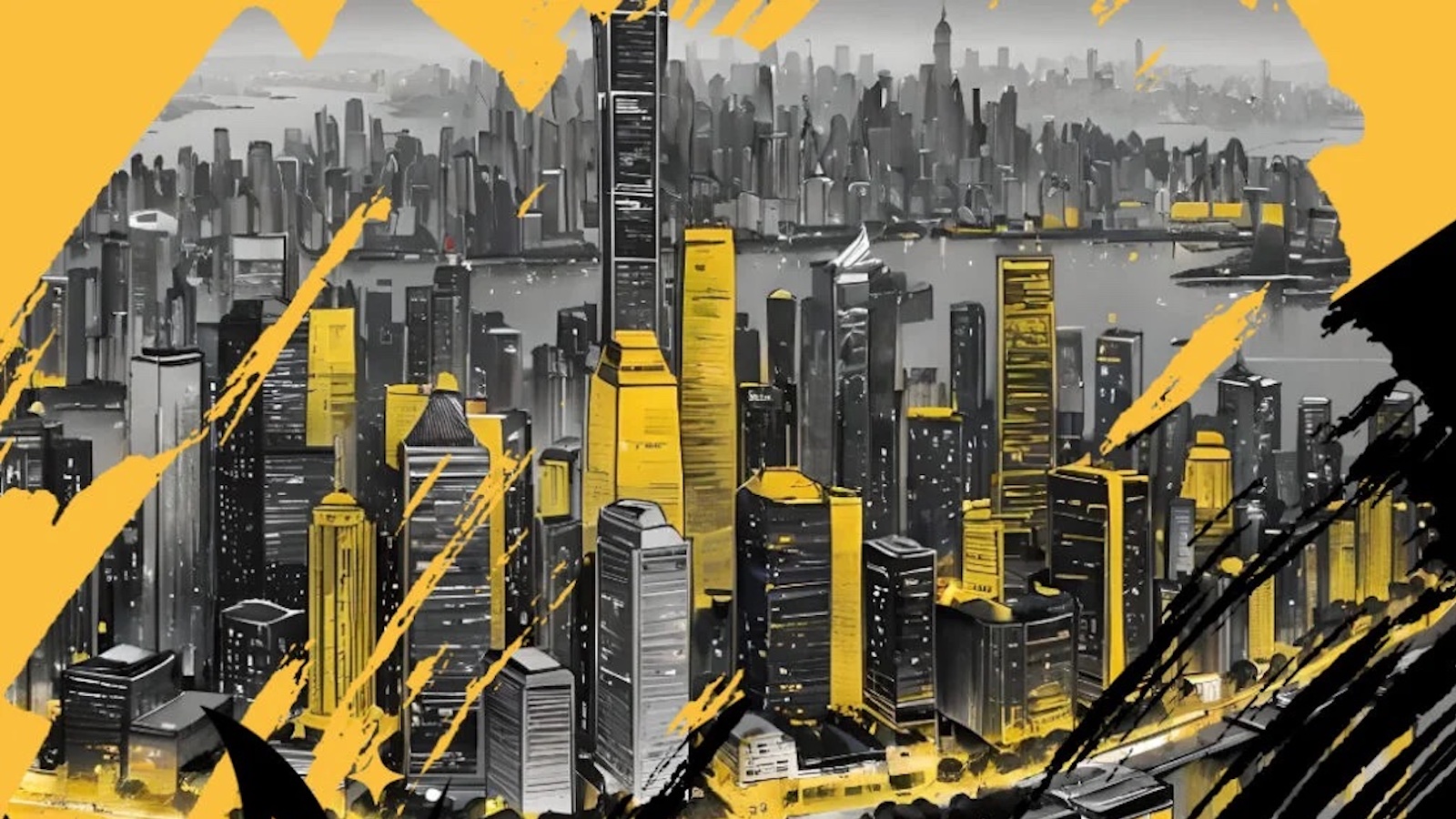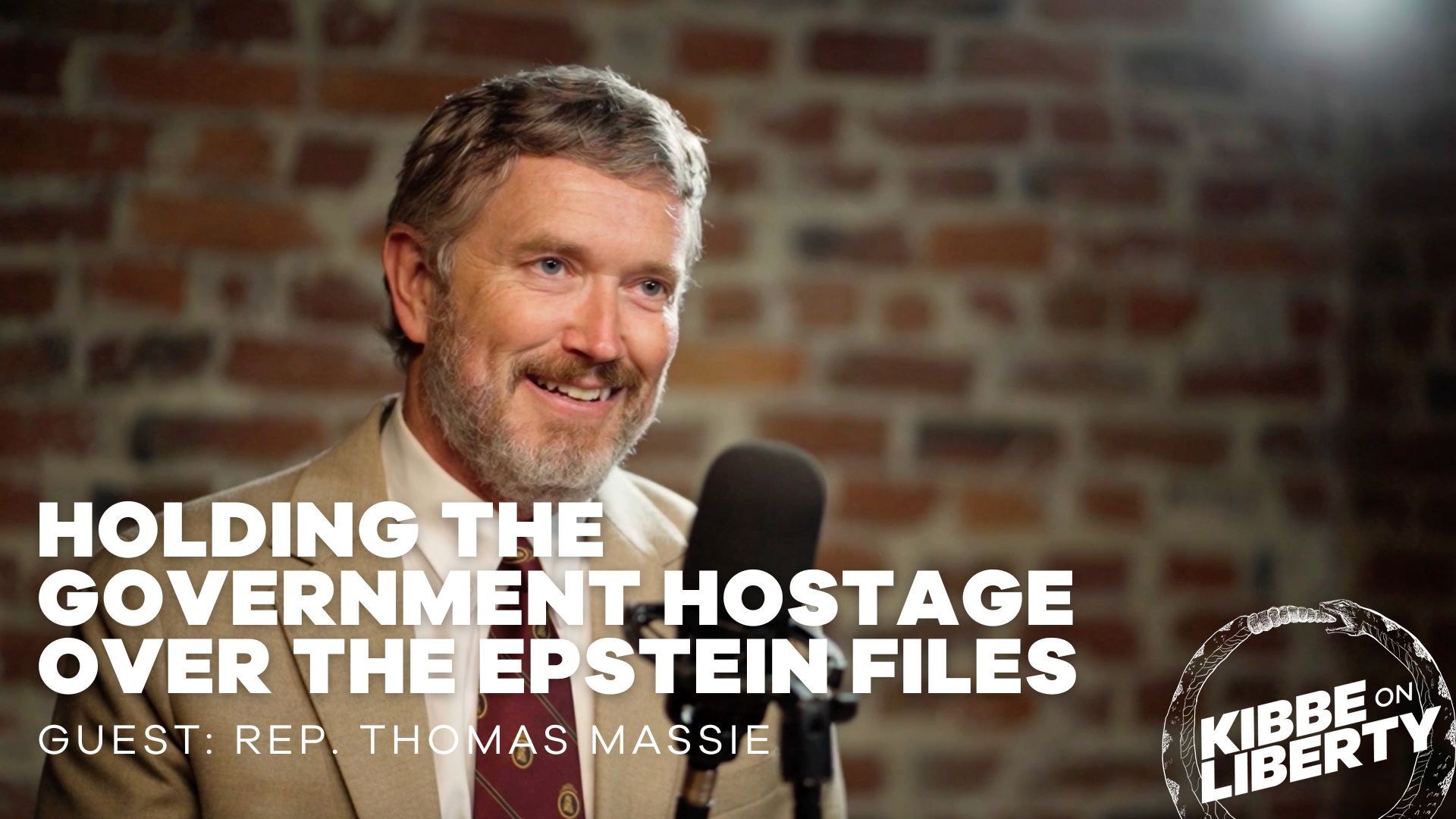
The Politics of Fear: How Authoritarian Can We Be When We Are in Fear?
“You can be a scared slave or you can be a brave human being.” These were the wise words of Maxime Lagacé, and I would add: “choose wisely.” Unfortunately, the recent world events have shown us that bravery and freedom are suddenly in short supply. What happens when bravery is not globally cherished? Fear takes over. But what is fear?
The Cambridge Dictionary defines fear as “an unpleasant emotion or thought that you have when you are frightened or worried by something dangerous, painful, or bad that is happening or might happen.” In this sense, it is plausible to affirm that fear arises from the threat of being physically, emotionally, or psychologically harmed. As a human emotion, fear can also be based on real facts or it can be based on misconceptions produced by false or distorted information provided by dubious sources.
Now, it is ok to be afraid of things. As a matter of fact, we all are afraid of something, because we are human beings and fear is inherently a human psychological trait. Fear is also directly related to how humans cope with situations that may require survival instincts. However, the problem lies not in existence of fear itself, but in the absence of psychological tools to overcome whatever circumstance life is throwing at us. So, when we lack bravery to face our demons, what is left is a feeling of a necessity to ask for help, and, sometimes, we end up asking the wrong entity; in this case: the government.
Sometimes the maleficence brought about by governmental measures might not be so self-evident, which makes it difficult for some of us to see what truly is behind the idea of “governmental help,” better translated as excessive control. Fear tends to blind us to the empirically immoral consequences of unethical actions perpetrated by a central authority because our human vulnerability makes us fear the unknown. Consequently, when in fear, we tend to disregard immoral and harmful outcomes arisen from the so-called “governmental help” as long as we feel safe with whatever measures are being taken.
Some individuals equivocally place their best bet on a type of nanny state when there is a problem to be solved. However, they easily forget that government is incapable of sorting problems out and the outcome of any attempt merely results in the increase in the size of government, which, as history shows, tends to never shrink back into its previous size. If you doubt it, look at how government still handles things almost 19 years after 9/11. It is blatantly cognizable that government feeds off fear and capitalizes on social cowardice.
The truth is, the more we mistakenly ask for “governmental help,” the more authoritarianism we get as we lose our civil and economic liberties.
As individuals, we tend to become more authoritarian in the face of fear or when witnessing a challenge we are afraid of battling against. The current events related to the COVID-19 pandemic prove such a statement perfectly as we see many Americans advocating for more governmental control every day. Some of us are still mistakenly asking for compulsory face mask use, continuous lockdowns, and business shutdowns, completely disregarding the individual choice factor in the name of fear.
Pathogens and Politics: “Parasite Prevalence Predicts Authoritarianism,” study finds.
Research, published in May 1, 2013, found that there is strong evidence showing that the incidence of infectious diseases within a society drives individuals to act more authoritatively. Jordan Peterson explained this research, saying that “the more parasitic and transmissible diseases in a particular locale, the higher the probability that people, when measured at the individual level, held authoritarian attitudes.”
Before we dive into the scientificity of such study, here is a question I shall pose: does the parasite prevalence within a society produce a repressive government or does it make people more authoritarian at the individual level and, as a consequence, government becomes more repressive?
If we take the time to pay attention closely to the conclusion reached here, we will find out in this case that government is a byproduct of a societal behavior. Therefore, it is safe to conclude that the parasite prevalence within a given society makes individuals more authoritative, which as a consequence makes government more repressive. Jordan Peterson further explains that:
Conversely, how do you impose an authoritarian regime? If we are to stay in the same linear thinking process, after finding out the results of the research aforementioned, it is only logical to conclude that creating viruses and diseases, or at least promoting the fear of the ones that already exist, could be used as an opportunity to impose an authoritarian regime as an excuse of public security.
Now, conspiracy theories aside, it is important to highlight that this is by no means suggesting that COVID-19 was a political lab-creation made to destroy society. However, after witnessing how the US and many other countries coped with the COVID-19 outbreak, it is undeniable that the powers of government increased significantly and beyond its limits during this pandemic. Consequently, it is noticeable that government (and politicians) capitalized on the current health crisis. The motto “never let a crisis goes to waste” was fully put into practice.
Our fears do not entitle us to dictate overall behaviors.
Forcing people to stay home, wear facial masks, and close their businesses as a public security measure is not justified in the name of fear. If you support that government can suspend everyone’s rights at any time because it declared a crisis, then what you are really supporting is that people don’t have rights, but merely concessions that can be taken away at any moment.
Legality does not precede justice. It is justice that shall always be encompassed within every legal precept so that the main objective of the law will be to seek justice rather than destroy it. Moreover, we are not entitled to someone’s property or freedom, and if we do not have such rights in the first place, then we cannot grant the government any power that we never really had. Therefore, even if fear is your inner justification to support the atrocities perpetrated by the government, you still have no right or valid moral claim to rule upon others trying to determine what one can or cannot do with their private property (whether it is their body or their businesses) or where one can go or not.
The good news is that although it seems that we have more snitchers than defying individuals out there, people are finally seeing that government cannot simply destroy human lives by forcing private businesses to remain closed.
As Henry David Thoreau pointed out years ago in his discourse about Civil Disobedience, it is our duty as free men to disobey unjust laws, and Elon Musk has possibly just set the best precedent towards breaking unjust laws when he decided to ignore California’s law and reopen Tesla. After all, if by breaking nonsensical and unjust orders we are maximizing justice and freedom, then we owe it to ourselves to break as many tyrannical laws as we possibly can.
Truth be told, Elon Musk’s act of civil disobedience paid off as California backed down when Musk announced he was going to reopen Tesla whether government liked it or not. Tesla had already broken the lockdown order and reopened their plant for business on Monday, May 11, when Elon Musk tweeted:
Tesla is restarting production today against Alameda County rules. I will be on the line with everyone else. If anyone is arrested, I ask that it only be me.
— Elon Musk (@elonmusk) May 11, 2020
The non-violent act of economic civil disobedience carried out by Elon Musk showed us all that there is a moral way of disobeying unjust and illogical government orders without necessarily having to promote violence, and that is the method Henry David Thoreau so eloquently taught in his work, Civil Disobedience.
Musk’s civil disobedience act is indeed a high-profile example; however, it is only one more case out of a wider trend. Lots of other business owners also broke the lockdown orders and reopened their businesses peacefully, without seizing any government buildings or causing any social disturbance, and many of these defiant men and women won their moral and peaceful battle against the government.
There is a common misconception that the possibility of bringing a political change can only happen if people vote democratically or if a revolution takes place. However, as many business owners all across the nation have demonstrated, civil disobedience based on peaceful actions of individuals who challenge the lack of logic of a law can also promote political change, especially in times of crisis.
Perhaps there is one special lesson to be learned here by all of us: no matter how afraid we are of something, that does not justify the support of tyrannical laws, but as the level of tyranny rises, so does the level of bravery of defiant ordinary heroes, who in order to save society from a complete economic downfall are willing to face the music alone against the government and its idiotic measures.
Free the People publishes opinion-based articles from contributing writers. The opinions and ideas expressed do not always reflect the opinions and ideas that Free the People endorses. We believe in free speech, and in providing a platform for open dialogue. Feel free to leave a comment.




Helio Flanagan Veiga
Thank you for reposting the article.